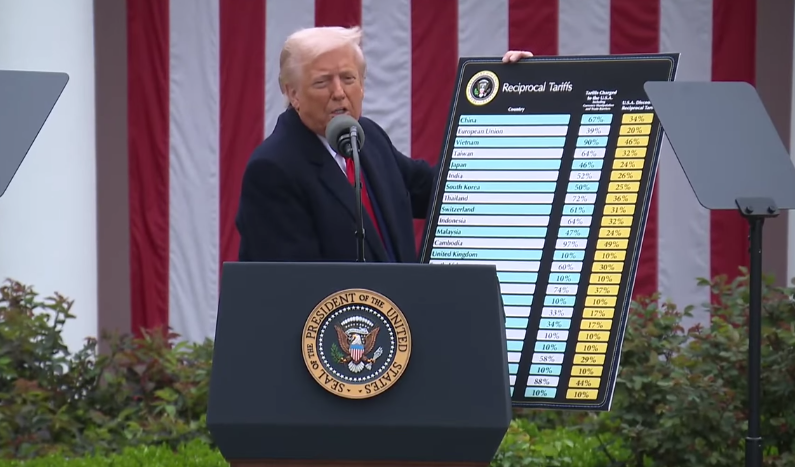A U.S. federal trade court approved blocking reciprocal tariffs authorized by President Donald Trump.
Reciprocal tariffs are one of the main planks of Trump’s tariff policy.
A three-judge panel of the U.S. Court of International Trade unanimously ruled against the reciprocal tariffs imposed by Trump, noting that they exceed presidential authority under the International Emergency Economic Powers Act of 1977.
The ruling orders to nullify the tariffs already collected and stresses that only Congress has the authority to regulate foreign trade, even in emergency situations. The ruling responds to lawsuits by small businesses and 13 states.
Blocking reciprocal tariffs
The International Emergency Economic Powers Act (IEEPA) gives the U.S. president broad powers. It allows him to regulate or ban imports in cases of «unusual and extraordinary» threats. On February 1, 2025, Trump invoked this law. He did so to impose tariffs on products from China, Canada and Mexico.
A month later, on March 3, he raised tariffs on Chinese imports. Subsequently, on April 2, he expanded the use of IEEPA. It applied reciprocal tariffs to almost all U.S. trading partners.
This is the first time this law has been used to impose tariffs since its creation in 1977. The measure marks a shift in U.S. trade policy. It also reinforces the protectionist approach of the current administration.
Trump’s tariff orders
“The World Tariff and Retaliatory Orders exceed any authority granted to the President by IEEPA to regulate importation through tariffs,” the New York-based court said, referring to the International Emergency Economic Powers Act of 1977.
Trump imposed reciprocal tariffs on 185 countries or territories around the world ranging from 10% to 50%.
«The court makes no ruling on the wisdom or likely efficacy of the president’s use of tariffs as a tool of pressure. Such use is impermissible not because it is unwise or ineffective, but because (federal law) does not permit it,» he argued.
The U.S. Constitution gives Congress the power to regulate foreign trade and impose import tariffs. Congress, in turn, has enacted several laws authorizing the executive branch to impose tariffs in various circumstances.

